Do Water Purifiers Soften Water? Exploring the Differences
Water quality is a crucial aspect of our daily lives. We use water for drinking, cooking, cleaning, and much more. One common concern related to water quality is hardness. Hard water contains high levels of minerals, primarily calcium and magnesium, which can lead to a variety of issues, including scale buildup in pipes and appliances. To combat this problem, many people turn to water purifiers. But do water purifiers soften water? In this blog post, we’ll explore the differences between water purifiers and water softeners to clarify their roles in improving water quality.
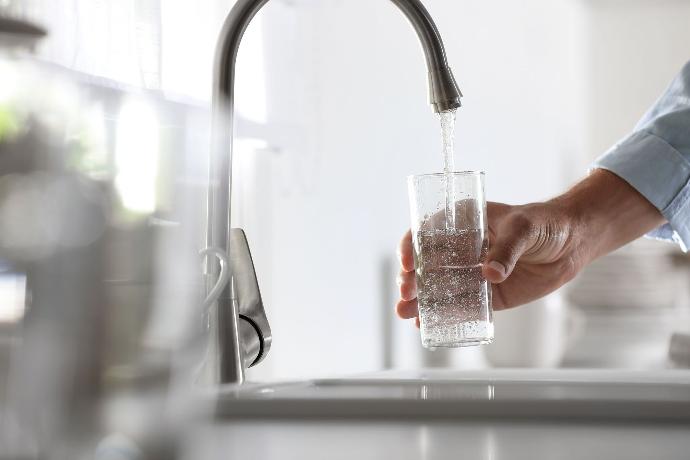
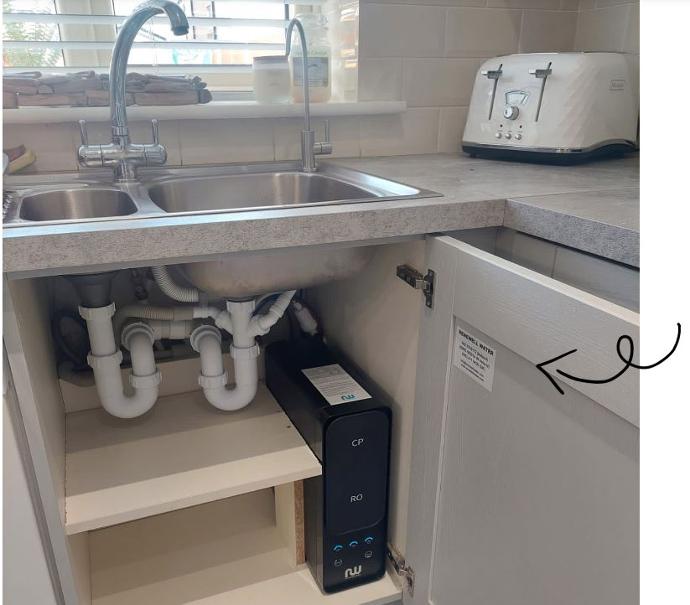
Understanding Water Purifiers
Water purifiers are devices designed to remove contaminants, impurities, and microorganisms from water. They are typically used to make water safe for drinking by eliminating harmful substances such as bacteria, viruses, heavy metals, and chemicals. Common types of water purifiers include:
While water purifiers can significantly improve water quality by removing contaminants, they do not address water hardness. They are primarily focused on ensuring water is safe for consumption and use.
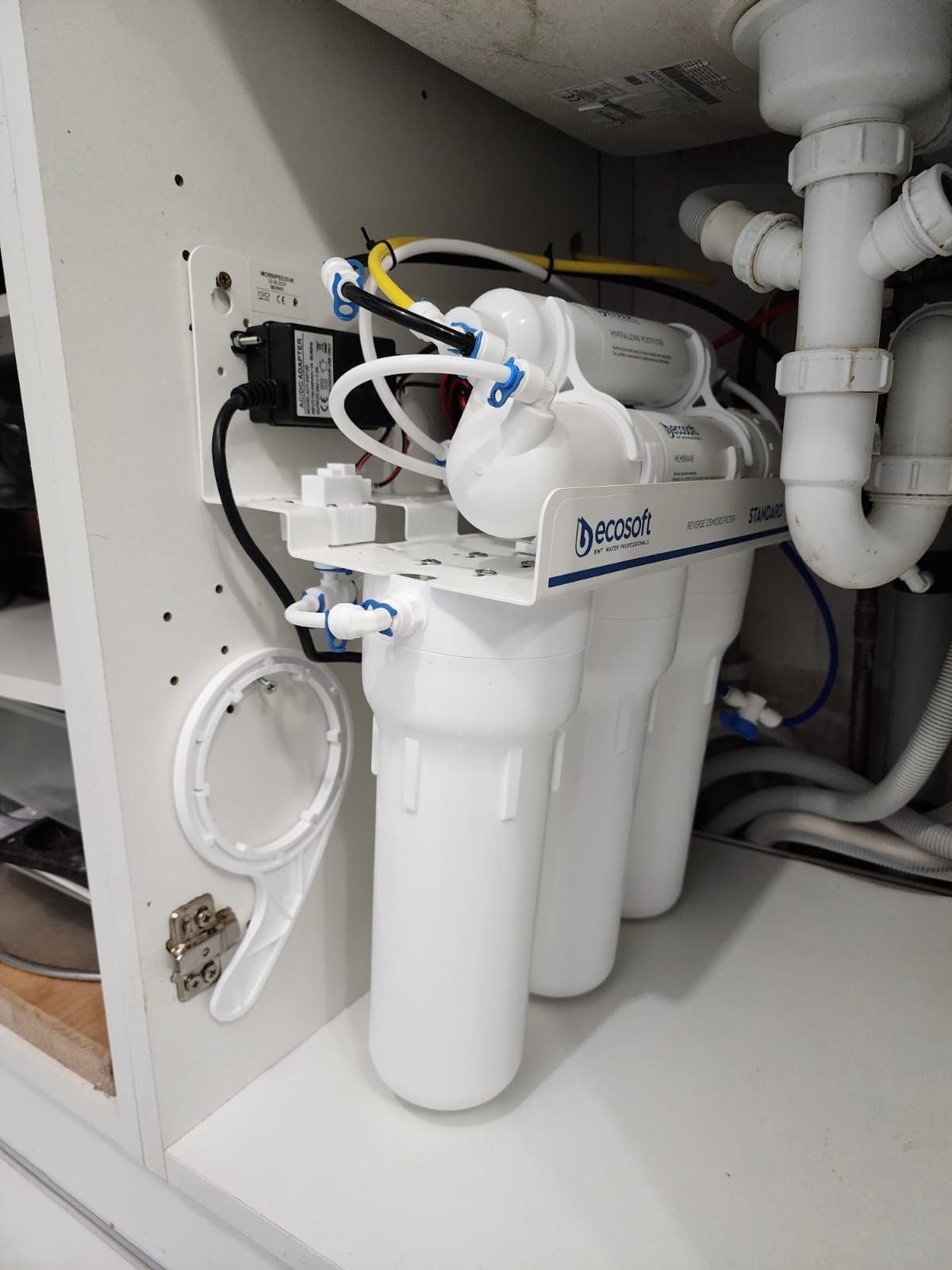
Filtration Systems
These systems use physical barriers, like activated carbon or ceramic filters, to trap and remove particles and pollutants from water.
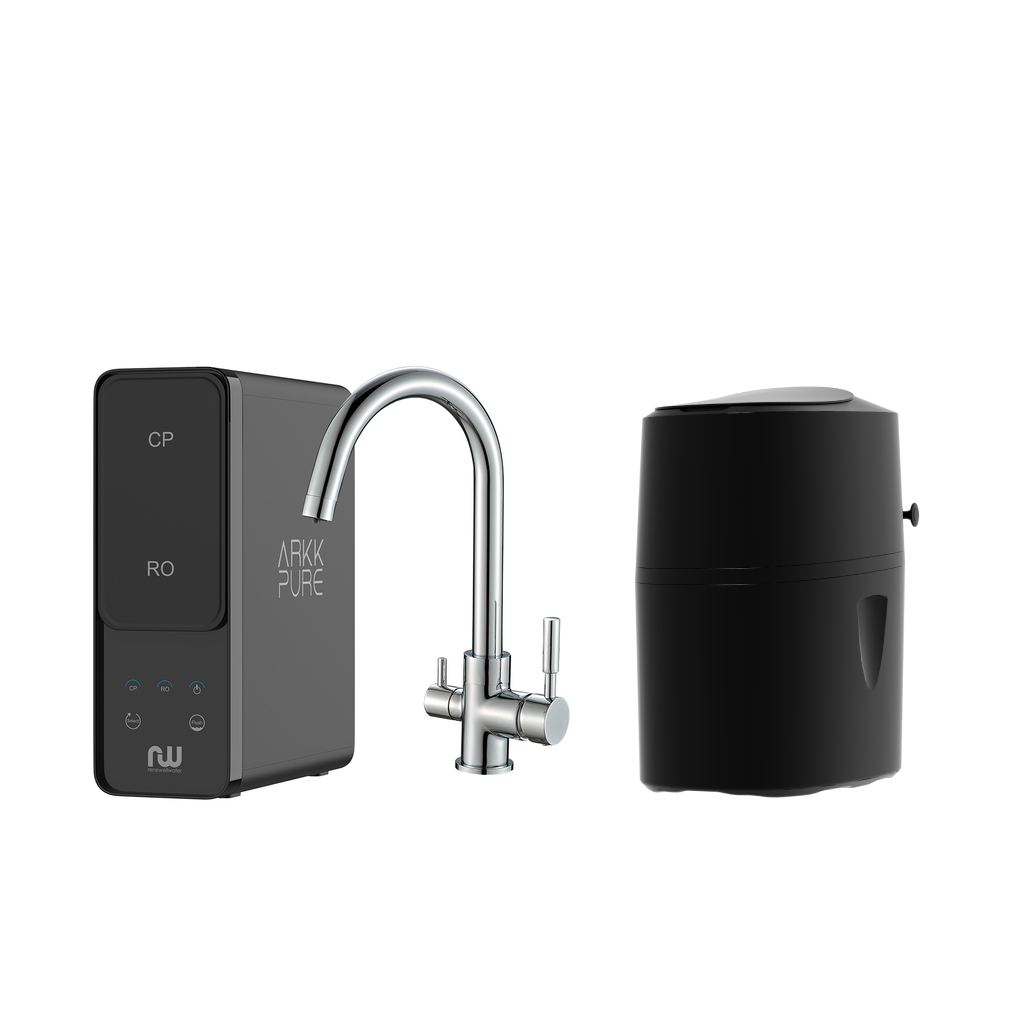
Reverse Osmosis (RO) Systems
RO systems use a semi-permeable membrane to remove dissolved solids, ions, and larger particles from water.
UV (Ultraviolet) Purifiers
UV purifiers utilize UV light to sterilize and kill microorganisms like bacteria and viruses in water.

Chemical Purifiers
Chemicals like chlorine or iodine can be used to disinfect water and kill harmful microorganisms.
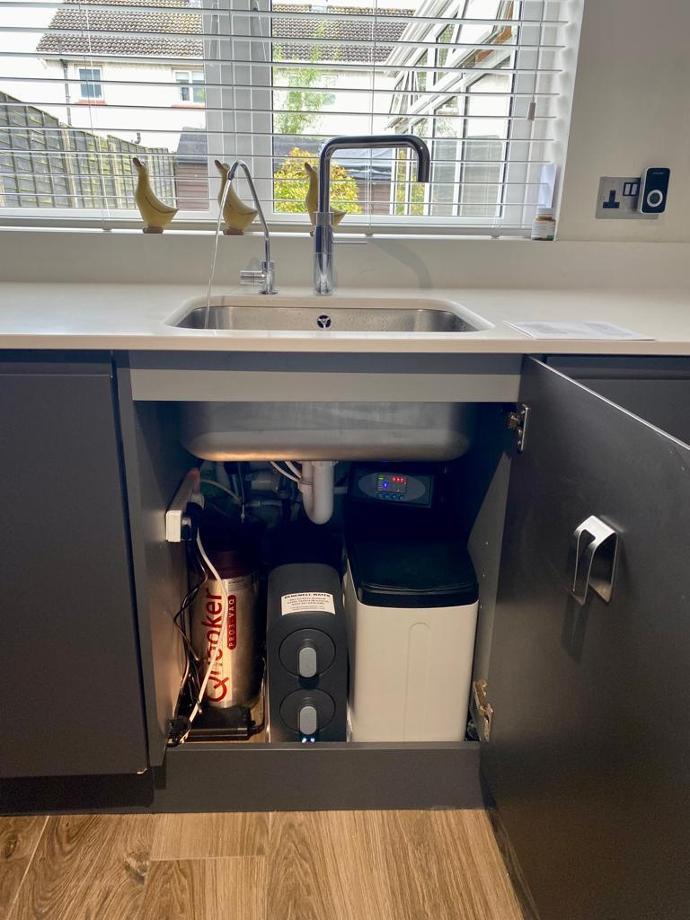
Understanding Water Softeners
Water softeners, on the other hand, are specifically designed to address water hardness. Hard water contains calcium and magnesium ions, which can form scale deposits in pipes, appliances, and fixtures. Water softeners work by using ion-exchange technology to replace these calcium and magnesium ions with sodium or potassium ions, effectively reducing water hardness.
The ion exchange process involves passing water through a resin tank filled with small resin beads that are coated with sodium or potassium ions. As the hard water flows through the tank, the resin beads attract and capture the calcium and magnesium ions, releasing sodium or potassium ions in exchange. This results in softened water that is less likely to cause scale buildup.
Key Differences
Purpose:
Water purifiers are primarily designed to remove contaminants and make water safe for consumption, while water softeners specifically target water hardness to prevent scale buildup.
Technology:
Water purifiers use various filtration and disinfection methods, whereas water softeners rely on ion-exchange technology.
Effects:
Water purifiers improve water quality by removing impurities, while water softeners improve water’s usability by reducing hardness.
In summary, water purifiers and water softeners serve different purposes in improving water quality. Water purifiers are essential for ensuring safe and clean drinking water by removing contaminants, while water softeners address the issue of hard water by reducing its mineral content. If you’re concerned about both water purity and hardness, you may need both types of systems in your home. It’s crucial to understand your specific water quality issues and choose the appropriate solutions to enjoy safe, clean, and soft water in your daily life.
Do Water Purifiers Soften Water?